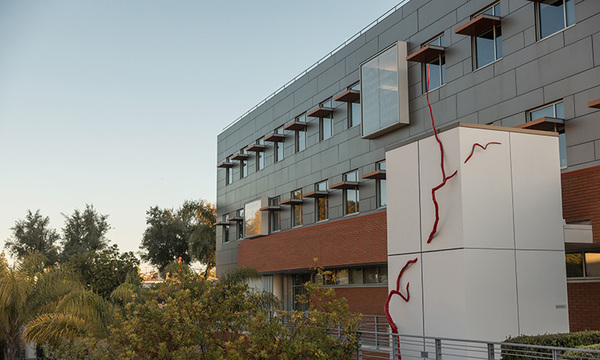The war in Ukraine has been raging for over a year. Students in Talbot’s extension site in Kyiv continue to study even in these difficult circumstances. While reports of missile strikes and civilian casualties appear in the news almost daily, the stories of God’s people doing God’s work are less prominent. We asked our students and graduates to share their hearts on life during wartime so that our Talbot community can be both better informed and equipped to pray.
How have your Talbot studies impacted you as you live and minister in a context of such destruction and suffering?
Viacheslav Nedzelskyi (M.A. ’19): Throughout the war, many refugees have come to our city in western Ukraine. In addition to providing a roof over their heads, and humanitarian aid, we have also been providing a lot of spiritual care. Believers come from cities where their churches did not offer high-quality teaching of the Word and, therefore, they are now undergoing specially organized Bible teaching and training in our community. This is exactly what my studies at Talbot prepared me for! Also, studying at Talbot prepared me for seminary teaching. Before the war, there was not such an urgent need for teachers in Ukraine’s seminaries, but now, since so many teachers have left the country, the need is huge. Recruitment of students continues and the life in the church is flourishing. In light of this, I have begun teaching in seminary classes in order to train the next generation of ministers in Ukraine.
As best you can, please describe the spiritual and psychological effects of living under the danger and stress of war for over a year.
Mykola Romaniuk (M.A. ’21): Like any phenomenon in the Christian life, the war with Russia has brought both positive and negative consequences. Positively, many of us have developed a stronger sense of dependence on God. Rocket barrages, daily information about dead civilians, funerals of loved ones (in our church we’ve buried one civilian and three soldiers in the last year), have developed in us a stronger sense of our vulnerability and temporality. Russian shelling of Ukraine’s energy infrastructure and the lack of electricity, light, and heat, greatly increased all of these feelings. The number of prayers has increased; they’ve become more meaningful and intense. The words of the Psalms about pain and hardship have taken on incredible reality and power in our lives. At the same time, such forced vulnerability negatively affects our emotional world, particularly for women and children. For me, negative consequences include physical health complications and quicker psychological exhaustion than before.
Share some of the ways you have been able to minister to others, both in and through your church and through partnership with others in the community.
Yurii Smakula, current student: The past year demanded a personal response to the problems faced by the Ukrainian people and the church. At the start of the war, our church immediately joined the effort to help refugees. We equipped all areas of the church with beds and received streams of people who were fleeing the war. They stayed in our church where we provided them with the opportunity to sleep and rest from their journey. We greeted them, tried to support and encourage them, and provided them with food. The church organized round.the-clock shifts and transportation for them. We prayed with them and tried to draw their attention to the gospel of Jesus Christ as their only way of hope. We cooperated with other churches in our region to evenly distribute care for refugees, and also with foreign churches that provided us with food supplies.
If you are interested in donating to Talbot's Kyiv Extension, you can do so online at .
 ºÚÝ®ÊÓƵ
ºÚÝ®ÊÓƵ
